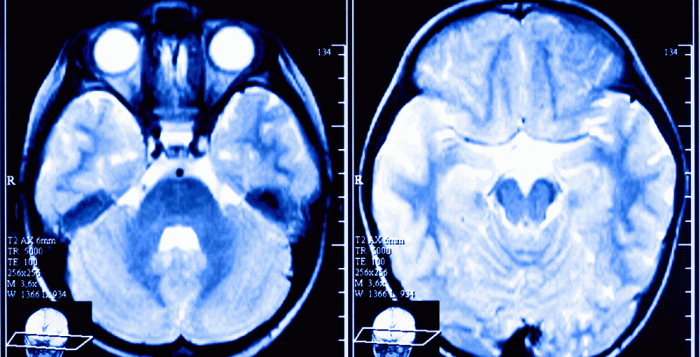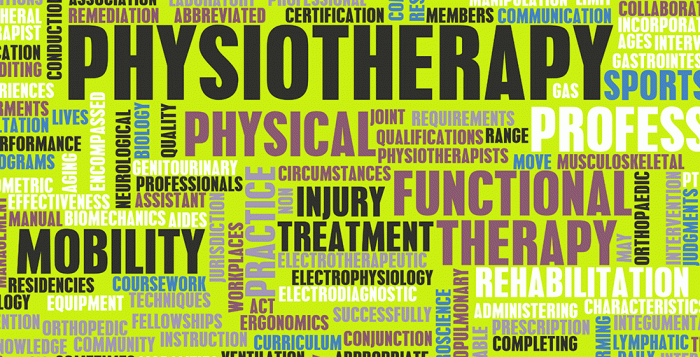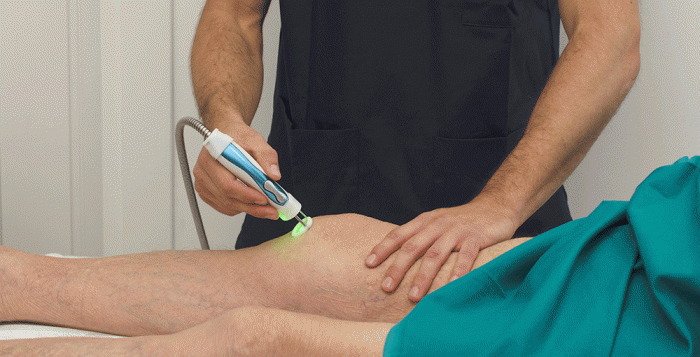On January 27, 2016, a letter was sent to Department of Human Services (DHS) Secretary Ted Dallas, requesting reconsideration of DHS’ decision to raise the minimum age of eligibility for Community HealthChoices (CHC). RCPA was one of more than 35 organizations and individuals that signed this letter of support.
Currently, the minimum age of eligibility for the Attendant Care, Independence, and OBRA waivers is 18. However, the CHC Request for Proposal (RFP) states, “CHC will serve adults age 21 or older who require Medicaid Long-Term Services and Supports (MLTSS) (whether in the community or in private or county nursing facilities)…. and current participants in DHS’ (Office of Long-Term Living) waiver programs who are 18-to 21 years old.” This would change the minimum age for home and community-based services administered by OLTL to age 21.
Concern was noted in the letter of how raising the minimum age of eligibility for CHC will create large gaps in services. Many examples were elaborated on the services that keep young adults in their homes and communities and out of institutional care, including home modifications, vehicle modifications, assistive technology, respite, and residential habilitation. The letter urges DHS to fix this critical problem before the CHC RFP is finalized.
















